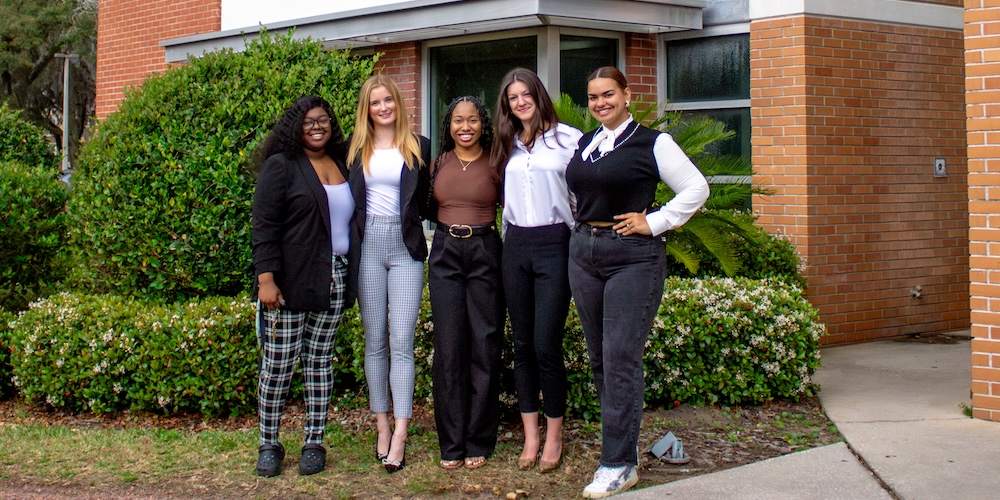It seems like there is always a hurricane somewhere in the Caribbean this time of year. So, having Hurricane Dorian here around Labor Day Weekend is pretty typical.
Hurricanes really are the good, the bad and the ugly of our severe weather events.
Most people only see the bad and the ugly, but much good does come from hurricanes. It’s just hard to appreciate when your house is damaged, you have trees down, and you have been without power for four days.
River and marine organisms survive hurricanes just fine.
In most cases, they go to the deeper water and essentially ride out the storm. Occasionally, they do get transported by either wind or water to some other area. It can actually be beneficial for a species to spread to a new location, or to use the dispersal to introduce new individuals with different genes into the habitat. This is particularly true of plant seeds. By spreading the seeds around, there is greater mixing of the gene pool and the results are a stronger, healthier population.
Maybe the biggest benefit of hurricanes is the impact on the global heat balance.
The tropics gradually warm during the summer months and hurricanes use that warm water to power their cyclonic winds. Typically the warmer the water, the more powerful the hurricane. The earth, as with any dynamic system is always trying to find a balance. So, the equator wants to cool, while the poles want to warm. What we call typhoons in the Pacific and hurricanes in the Atlantic are the cyclones that redistribute that energy. But that equilibrium is hard to appreciate on the local level.
For most of us, the increase in rainfall is the more positive impact that we experience. Like most things, a little bit is good but too much at one time causes problems. However, almost all of the problems we experience with too much rain in too short a time is of our own creation. We have filled in the wetlands and paved over the land, resulting in flooding. You almost never hear of any flooding issues if it doesn’t impact something we made.
Massive rainfalls help to replenish our lakes and flush out the nutrients from our rivers and streams. It helps to break up harmful algae blooms and red-tide events. The rain recharges the aquifer and redistributes the sediment along our beaches. It’s that last movement of sand that really impacts all the homes we insist on building in harm’s way, despite repeated hurricanes that pound our coast. I always watch in amazement when people rebuild in the same place after a storm has destroyed their home.
As Einstein may have once said “the definition of insanity is doing the same thing over and over and expecting different results.” We just never seem to learn.
Glad you asked River Life
Does a heavy rainfall in South Florida impact the St. Johns River as far north as Jacksonville?
Yes, since the river is 310 miles long and flows north, rain events in South Florida do impact us here in Jacksonville. But it is a long time from the rain event to its arrival here. With that water, nutrients spread on lawns and farms also comes north. And to compound the impact, biosolids from South Florida’s wastewater treatment plants are being spread on the headwaters and are slowly making their way to us too.


